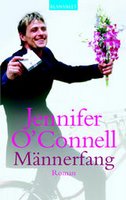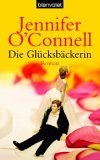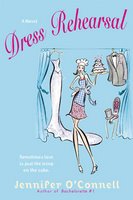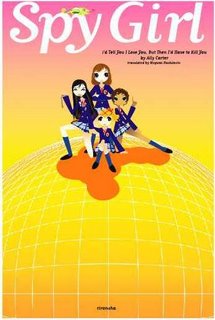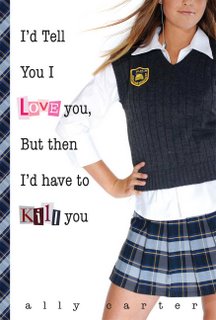STATUS: Busy but good. I have two projects that will be going out the week after my vacation and I’m very excited about them both.
What’s playing on the iPod right now? LOVE ME LIKE A MAN by Bonnie Raitt
I’m a big fan of the Dilbert cartoons. There is this one strip where Dilbert and his office colleagues are in a meeting with the pointy-hair boss diligently taking “notes” when Wally quietly says, “Bingo.”
Makes me laugh every time. For those of you who haven’t seen the strip, they all have “bingo” cards with office jargon and they cover a square for every cliché the boss says and Wally manages to win within the opening five words of the meeting.
Sometimes I feel that way when reading romance queries. BINGO!
There seems to be an excessive use of romance jargon that writers like to include when writing their query letters and all I can say is the more common the phrase, the more generic the query reads. And you don’t want anything tilting the agent reading to a NO.
So here are some of my Bingo phrases when reading:
a beautiful but feisty…
the dashing and wealthy heir
independent, strong willed woman
alpha male
rekindled passion
her world crashing down around her
tortured soul
face her past
time running out
See if you can eliminate and rejuvenate. There are certainly others and I’ll have to start keeping a running list for future blogs.

